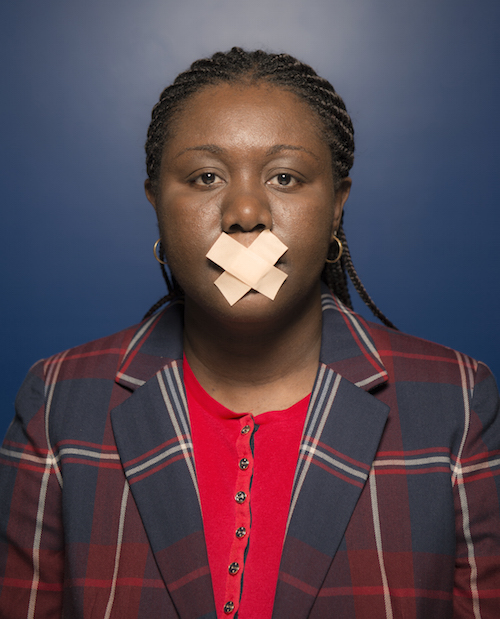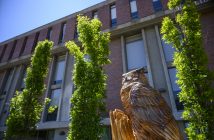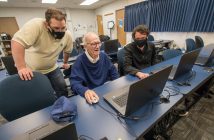Shirley Acquah, Ph.D., researches the impact of effective language and communication in the health environment in developing communities. Relocated from Ghana to the United States for graduate study, Dr. Acquah, an assistant professor in the Communication department, says in many countries, patients lack proficiency in the official language. So, in each culture, illness and a patient’s symptoms and response to them are largely communicated through varying levels of distress.
“The impact of effective communication can sometimes be underestimated,” Dr. Acquah says. “Hence, my desire to pursue research that will help me understand the field and make a difference in
my community.”
Dr. Acquah’s research relied on interviews and focus group discussions to examine a medical culture in which multilingualism presents challenges for patients and physicians. Specifically, the study investigated how health care providers interact with their patients by detailing and identifying the language barriers between providers and patients.
Because physicians tend to favor the English language over indigenous dialects, they don’t know how to interpret medical advice and diagnoses into local dialects, Dr. Acquah says. An absence of health care interpreting services means physicians rely on ad hoc interpreters, and this results in translation errors and miscommunication for patients and physicians. Consequently, problems with language barriers predispose low-literate patients to misinformation, misdiagnosis and lack of follow-through regarding treatment plans, she says.
Dr. Acquah says what excites her about her work is “having the opportunity to interact with participants and the possible policy initiatives that can result from the research.”
A frequent traveler to underdeveloped countries, Dr. Acquah shares her cultural experiences and information with her students in the classroom “so that students can connect theory with practice in the real world through active civic engagement.”
Last semester, she also worked an engagement piece into the curriculum of her Health Communication class. Dr. Acquah’s students partnered with the Red Cross as part of a measles-rubella vaccine campaign and raised nearly $450 for the initiative, which has helped vaccinate one billion children in 80 developing countries.




